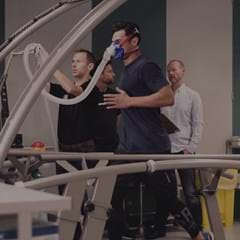Snooze or sweat: What will benefit your health the most?
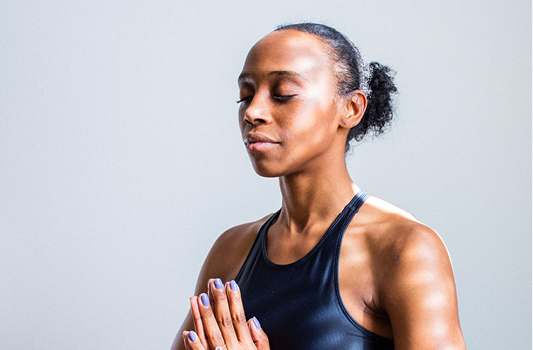
If you’re feeling tired, what should you do? Stay snuggled up in bed with one hand on the snooze button? Or wipe the sleep from your eyes and bust out a morning workout? This is exactly what researchers set out to unearth when they dove into the sleep and physical activity data from 380,000 middle-aged men and women. This fascinating study is the first ever to explore how sleep and exercise interact, highlighting how the effects of sleep and physical activity levels are intertwined. The findings show poor quality sleep can cut years from your life. And if you don’t get enough physical activity, the effects of poor sleep can be magnified. Study participants who had both low sleep and low physical activity levels were 57 percent more likely to die from heart disease, stroke or cancer. When it comes to identifying whether you’ll benefit from more exercise or more sleep, the experts say it varies depending on the individual. However, getting a good dose of physical activity can counteract some of the adverse health effects of unhealthy sleep patterns (although exercise won't be as beneficial for your body if you’re lacking sleep). The upshot…If you exercise regularly, regardless of how much you sleep, you’re likely to be better off than those who are not exercising and have poor sleep.
A good dose of physical activity can counteract some of the adverse health effects of unhealthy sleep patterns.
Forget diet and exercise. Can you get slimmer by sleeping?
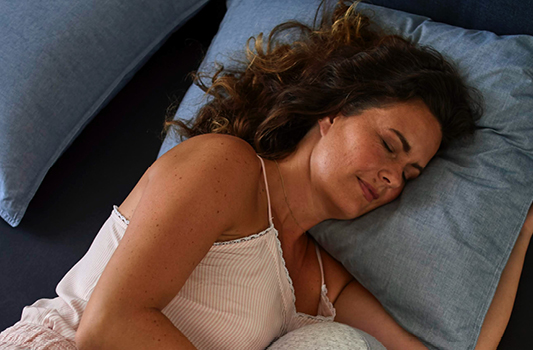
Over the years, research has shown interesting connections between sleep and body weight. A Korean study showed sleep deprivation could be related to an increase in fat mass and obesity. Another study found that a calorie-restricted diet led to less fat loss when participants slept for just 5.5 hours a night (compared to 8.5 hours a night). Swedish researchers have found a link between sleep patterns and the gut microbiome’s role in gaining weight. And American sleep researchers found just one less hour of sleep a night can adversely affect changes in body composition. But these types of studies have had limited scope and have not measured long-term weight loss success, which is considered to be a five percent body mass reduction for greater than 12 months. Now, for the first time, a large cross-sectional study has been published on the relationship between sleep and physical activity when it comes to successful long-term weight loss. Researchers measured physical activity levels, sleep duration and length of sedentary time – and they found no significant associations between any of these independent elements and weight loss success. But when they combined the elements, they found regardless of sedentary time, 150 minutes of moderate to vigorous-intensity exercise each week was more likely to result in long-term weight loss success. According to researchers, the next step is to use a larger sample size and analyze different types of exercise alongside sleep quality metrics.
How can you improve the quality of your sleep?
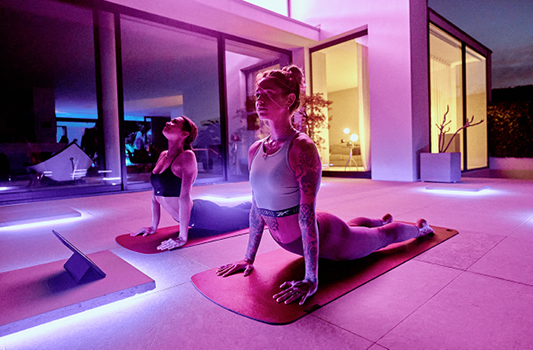
If you want to sleep better, feel more relaxed and shed stress, try adding a short yoga, stretch and meditation session before bed. Researchers uncovered the benefits of this pre-slumber physical activity when study participants completed a 20-30 minute sequence of stretches and 10-minutes of meditation based on the BODYBALANCE™/BODYFLOW® yoga program. After doing this three evenings a week for just two weeks, researchers measured a 15 percent improvement in sleep quality – along with increased feelings of motivation, confidence and satisfaction with daily life, as well as a decrease in anxiety, tension and sadness.
More sleep or more exercise: What do kids need most

Supporting more children to achieve the optimal balance between physical activity, sleep, and sedentary time is unquestionably important. But as any parent will attest, it’s not always easy. Only seven percent of children regularly meet the international guidelines that recommend 9-11 hours' sleep, 60 minutes of physical exercise, and no more than two hours of recreational screen time each day. Now, new research highlights the activities that give maximum bang for your buck when it comes to improving the physical health and wellbeing of children. The researchers assessed 1,179 children aged 11-12, calculating how much sleep, sedentary time, light exercise, and moderate-to-vigorous exercise they did and what impact it had on improvements in mental health, physical health and academic achievement. On a minute-for-minute basis, moderate-to-vigorous physical exercise was shown to be 2-6 times more potent than sleep or sedentary time. This confirms that physical activity is the quickest and most effective way to enhance children’s physical health and mental wellbeing – and every extra minute they spend being active is providing a real return on investment.
On a minute-for-minute basis, moderate-to-vigorous physical exercise was shown to be 2-6 times more potent than sleep or sedentary time.
You can pick up more expert advice on sleep and exercise below:
7 EXPERT TIPS THAT HELP ATHLETES SLEEP SMARTER
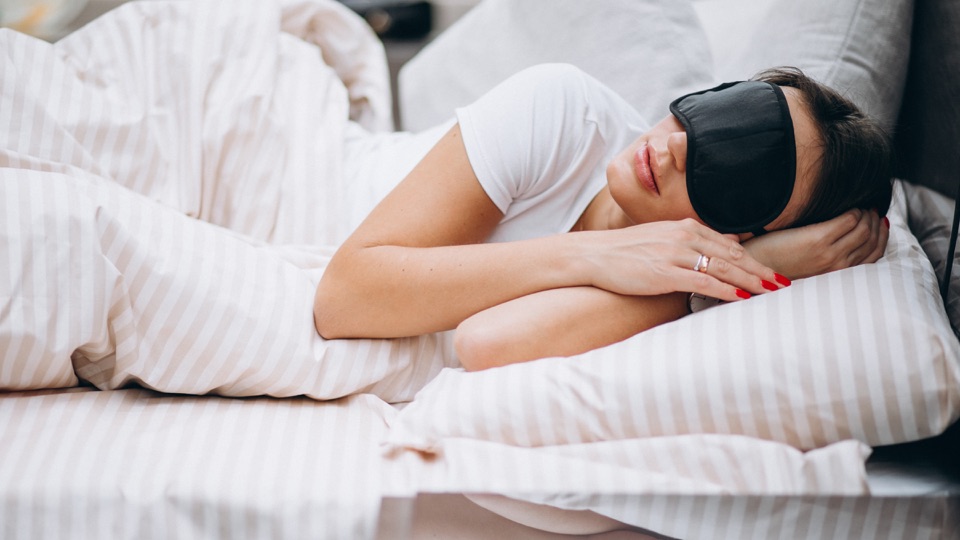
Forget sleeping like a baby, start sleeping like an athlete instead. We spoke to one of the world’s foremost sleep experts, Dr. Meeta Singh, to find out how sleep influences athletic performance. She shares a simple technique to easily identify your personal sleep needs, and seven expert tips that help athletes sleep smarter.
ARE YOUR WORKOUTS SABOTAGING YOUR SLEEP?
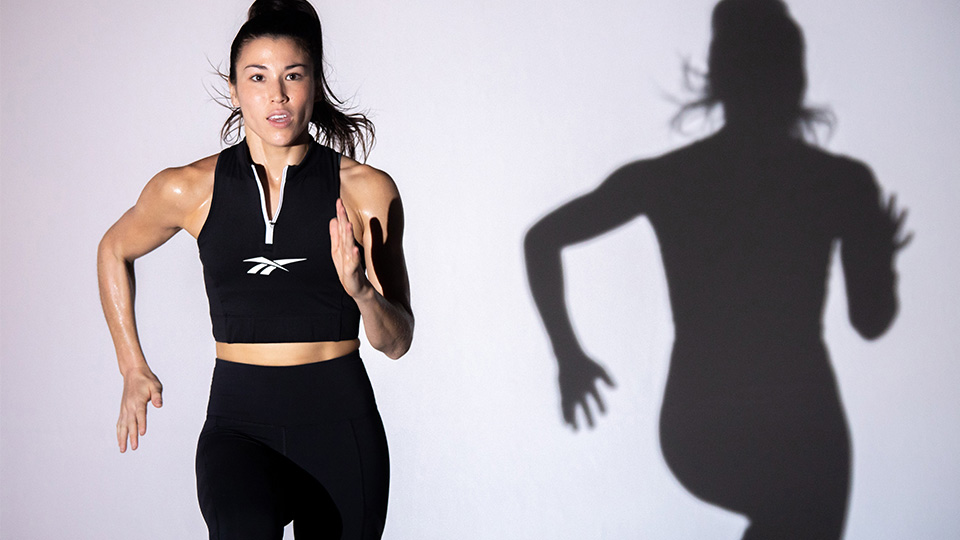
You may think that exhausting your body with plenty of high-intensity interval training (HIIT) will help you sleep well. But research shows that smashing yourself with excessive HIIT won’t guarantee a good night’s sleep – it can do the reverse! Dr. Jinger Gottschall explains what you can do to make sure your workouts support your sleep, not sabotage it.
HOW TO SLEEP YOUR WAY TO HEALTH
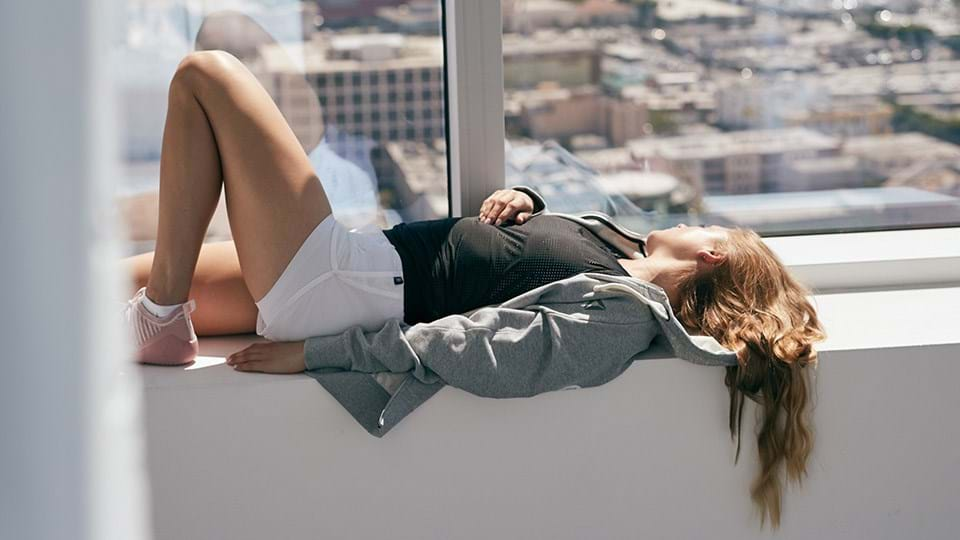
Lack of sleep – the amount and the quality of it – has been linked to a variety of serious health problems. But there are steps you can take to maximize those ZZZs.






